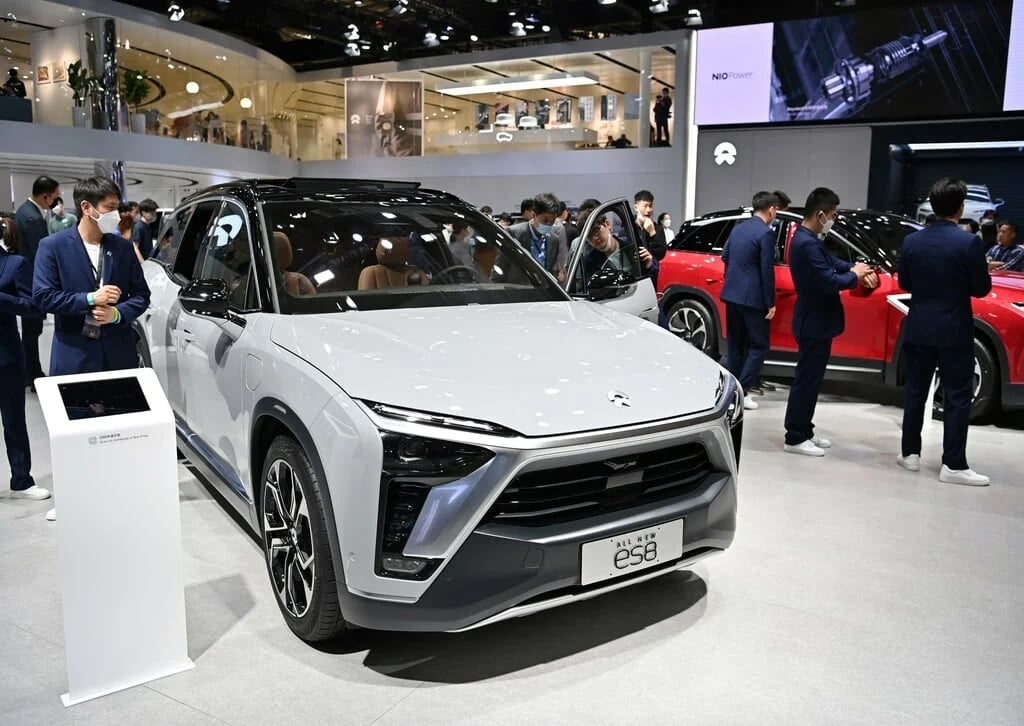China has signaled a potential escalation in trade tensions with the United States and the European Union by hinting at a 25% tariff on imported cars with large engines. This move comes as a deadline approaches for a European Commission probe into China's alleged unfair subsidies for its domestic car industry.
The China Chamber of Commerce to the EU, a lobby group, stated they were informed about the possible tariff increase by insiders. The chamber expressed concern that such a levy would significantly impact China's relationship with the European Union. They further added that the tariff would primarily affect European and American car manufacturers.
This potential tariff hike is the latest development in a long-running trade dispute between China and the West. The US and EU have long accused China of unfair trade practices, including subsidizing its industries and manipulating its currency. These practices, they argue, give Chinese companies an unfair advantage in the global marketplace.
China has denied these accusations, but the tensions have led to tit-for-tat tariffs being imposed on a wide range of goods. The auto industry has been a particular focus of these tariffs, with both the US and China imposing levies on imported vehicles from each other.
The threat of a new tariff on large engine vehicles is seen as a way for China to put pressure on the EU in the ongoing subsidy investigation. The EU probe is due to conclude in June, and China is likely hoping that the threat of higher tariffs will encourage the EU to back down.
The potential impact of a 25% tariff on European and American carmakers could be significant. China is a major market for imported cars, and a significant price increase could deter Chinese consumers from buying foreign vehicles. This could lead to job losses in the European and American auto industries.
The move could also backfire on China. Higher tariffs could lead to retaliation from the US and EU, further escalating trade tensions. Additionally, a tariff increase could also hurt Chinese consumers by making imported cars more expensive.
The Chinese government has not yet confirmed whether it will actually impose the 25% tariff. However, the threat of the tariff hike is a sign that China is willing to take a tough stance in its trade disputes with the West. It remains to be seen how the US and EU will respond to this latest development.

